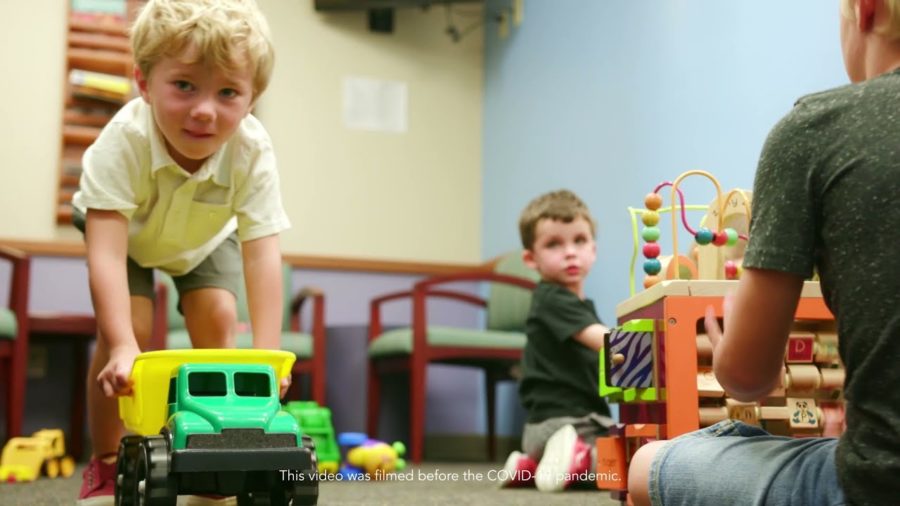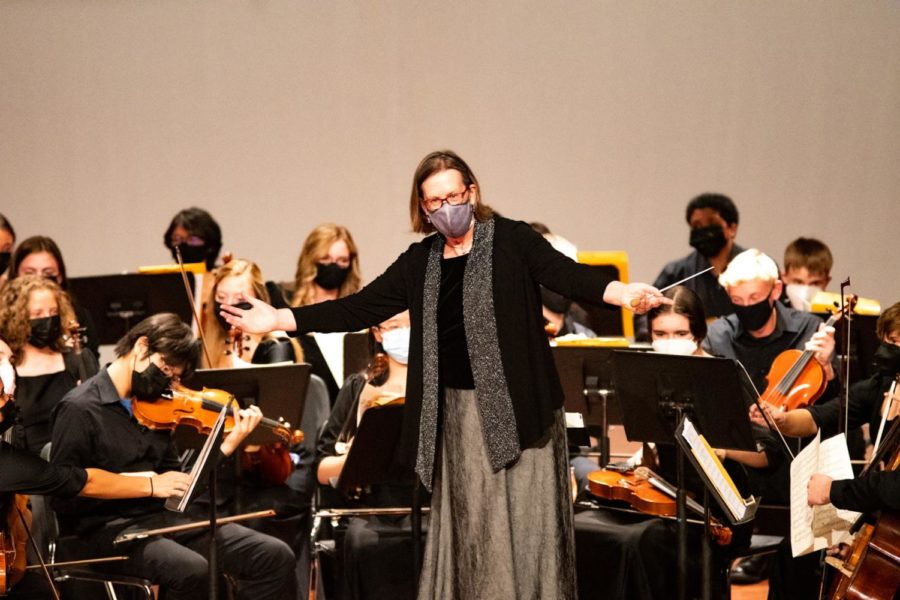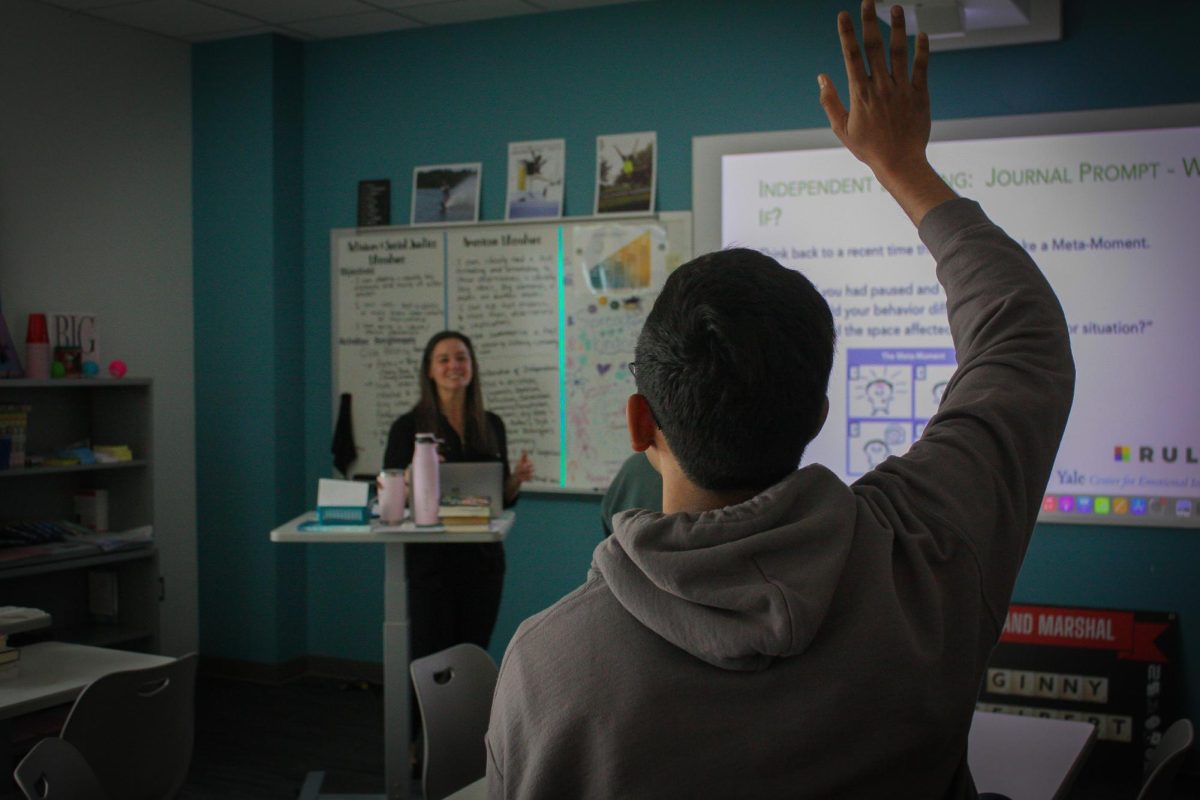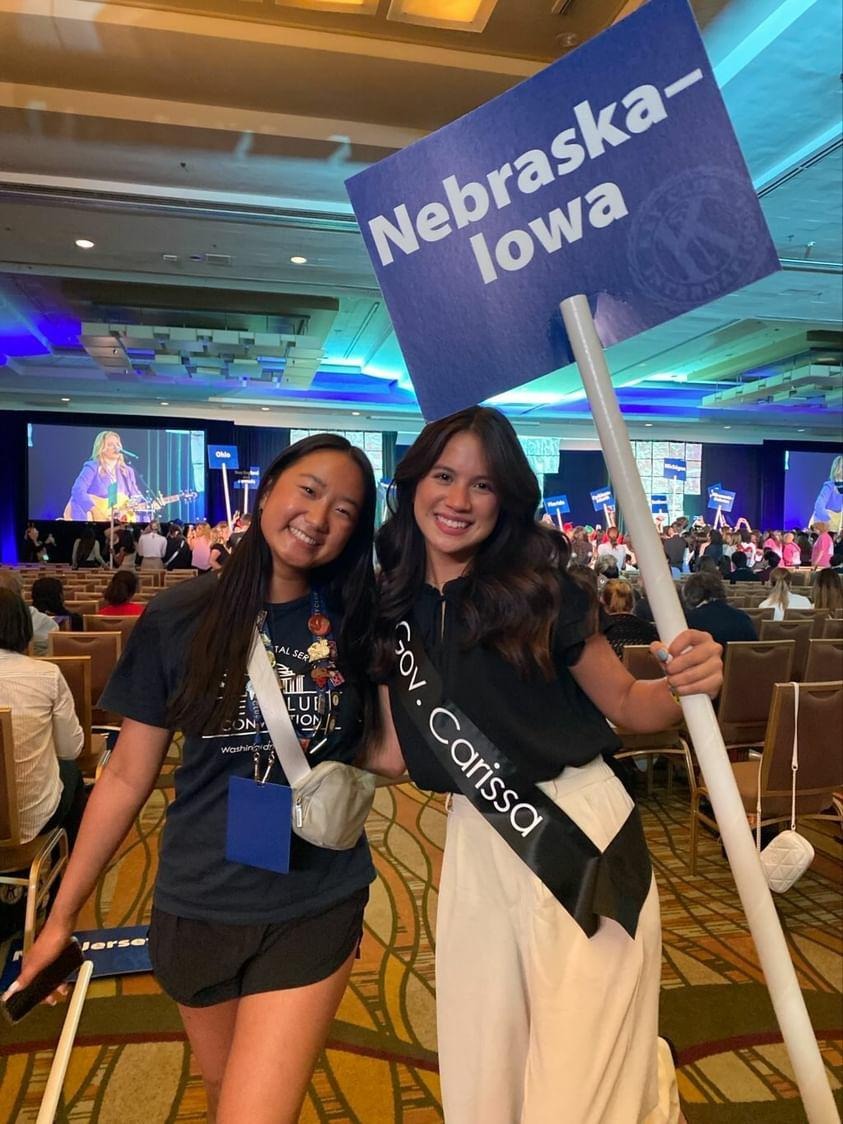According to the American Cancer Society, the rate of cancer for those under 18 is only about 14 in 100,000, and most of those are cancers that occur during early development. Why, then, should any high school students worry about cancer risk? âThe basic cause of cancer [is] damage to your DNA,â said Mary Ellen Carano, coordinator at Mary Greeley Medical Centerâs Cancer Resource Center. It only takes one severely mutated cell to metastasize and cause cancer, and, in most cases, many years may elapse before a tumor grows to an observable size. A cancer during a personâs adult life may very well have been the result of exposures to carcinogens during that individualâs adolescence, since the rapid development that occurs during puberty makes exposure during this period particularly harmful. Nearly all cases of melanoma, for instance, are believed to have arisen from a sunburn that occurred before a patientâs 18th birthday. Carano said the main risk factors for future cancer in teens were most likely tobacco use, sun exposure and sexual activity. All three are completely within a personâs control and are some of the leading causes of preventable cancers. They are also commonly practiced by teens–about a fourth of all teenagers report tobacco use, two-thirds do not use regularly use sunscreen, 2.3 million have practiced indoor tanning, and nearly half have had sexual intercourse. The American Cancer Societyâs annual statistical report attributes one million cases of skin cancer to unprotected sun exposure or indoor tanning and nearly a third of all cancer deaths to tobacco. Furthermore, cancers of the reproductive organs can be caused by sexually-transmitted diseases. Tobacco, which contains hundreds of carcinogens recognized by the Department of Health and Human Services, causes cancer not only in the mouth and respiratory areas but also in the head and neck area. The best thing tobacco users can do is simply to quit–studies have shown that the cancer risk for former users drops to one-half that of continuing users after a decade. Large doses of high-energy UVB waves that penetrate the skin during unprotected sun exposure or indoor tanning create distortions in the DNA of skin cells. Several sexually-transmitted viral diseases increase the risk of gonadal cancer due to the DNA modification that occurs in infected cells. During a period of viral growth, viral genes are injected in the host cell, of which some metastasize and proliferate. The human papillomavirus is associated with over 90% of all cervical cancer cases, and the vaccine Gardasil can prevent infection from several types of the virus. Besides these single-activity risk factors that are relatively simple to address, lifestyle problems such as obesity or lack of exercise play a role in a third of cancer cases. âDiet has an implication to damage DNA over a lifetime,â Carano said. âThereâs been a series of studies correlating breast cancer risk to be higher among women who donât have active, healthy lifestyle choices.â âIf you have healthy lifestyle choices, cancer does occur, and it does unfortunately does rarely occur in teens, but mostly, you canât prevent that,â Carano said, citing the correlation between family history and cancer risk. âFollowing healthy lifestyle choices is probably the best protection you can provide yourself as you become an adult and start to age.â
Teens at risk: choices now affect chances of future cancer
Lawrence Chiou
•
April 10, 2009
Story continues below advertisement
Leave a Comment
Donate to The WEB
$0
$450
Contributed
Our Goal
Your donation will support the student journalists of Ames High School, and Iowa needs student journalists. Your contribution will allow us to cover our annual website hosting costs.






































